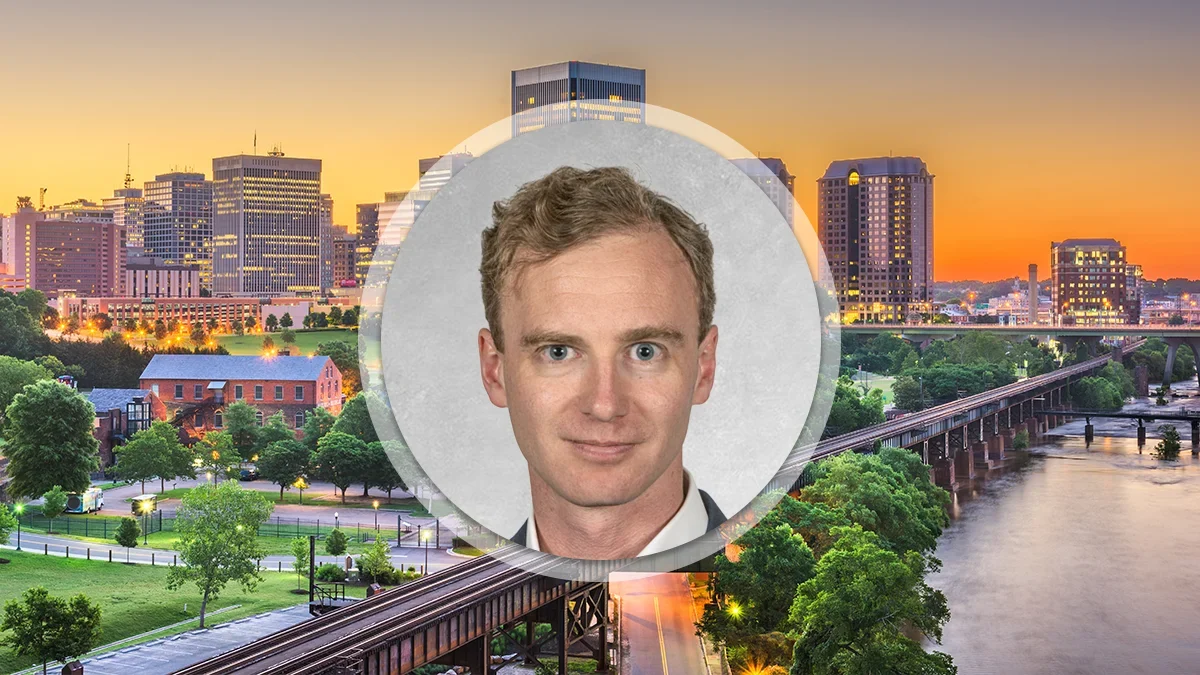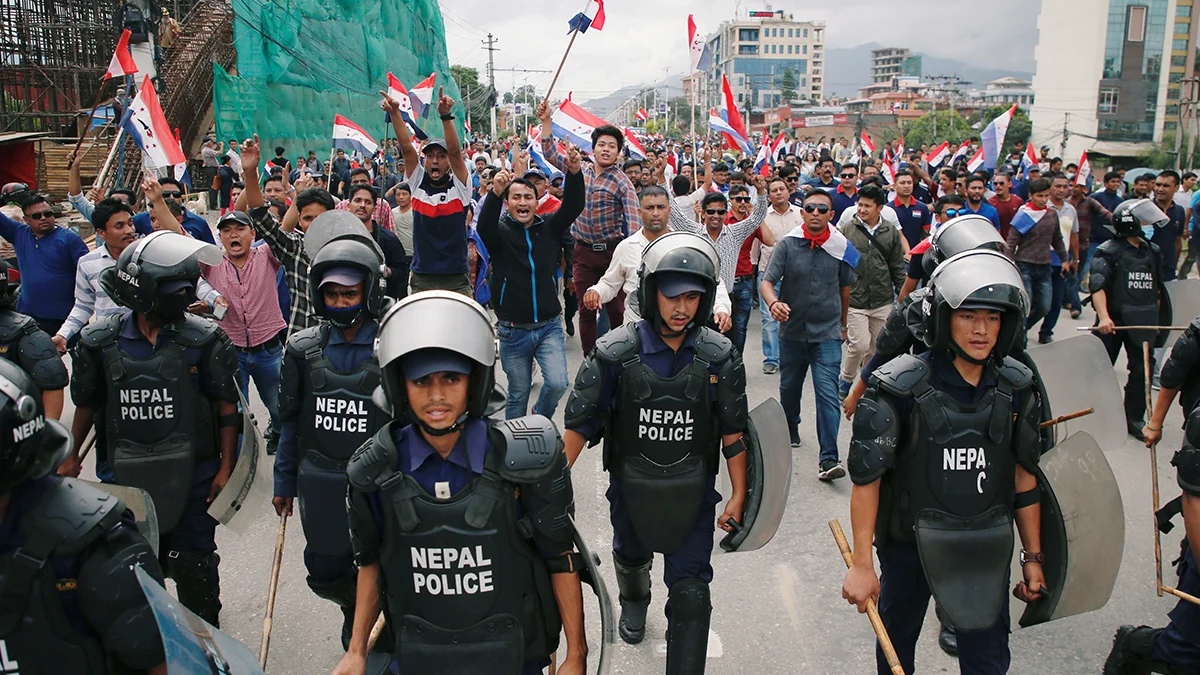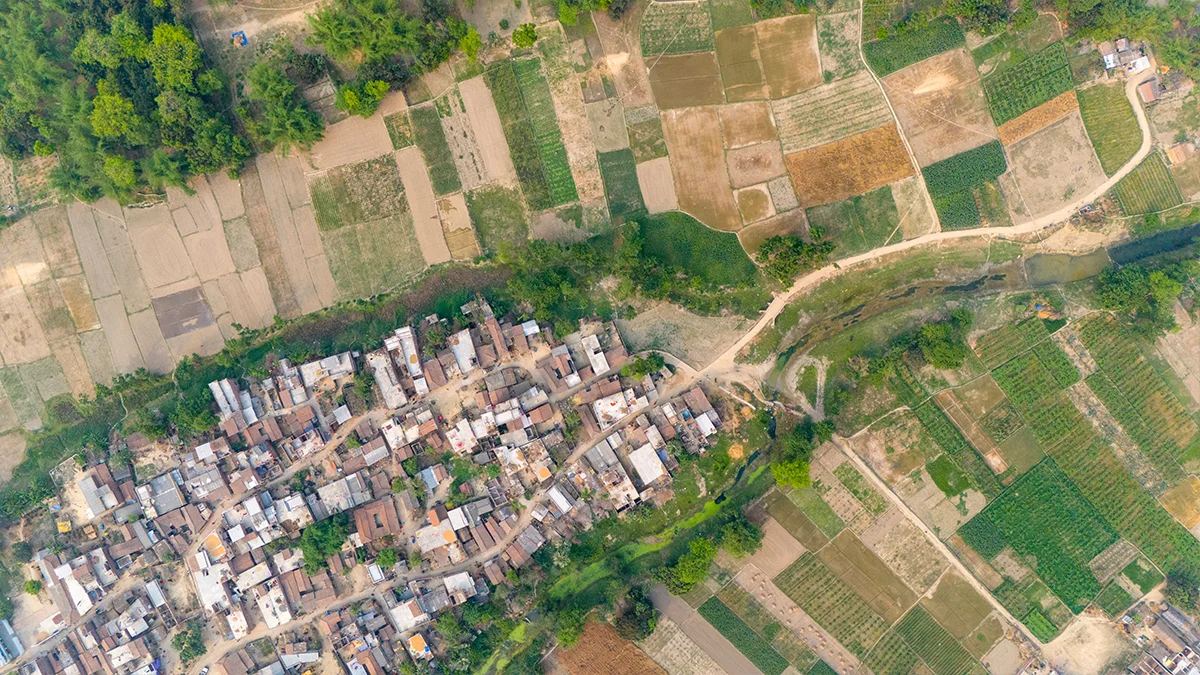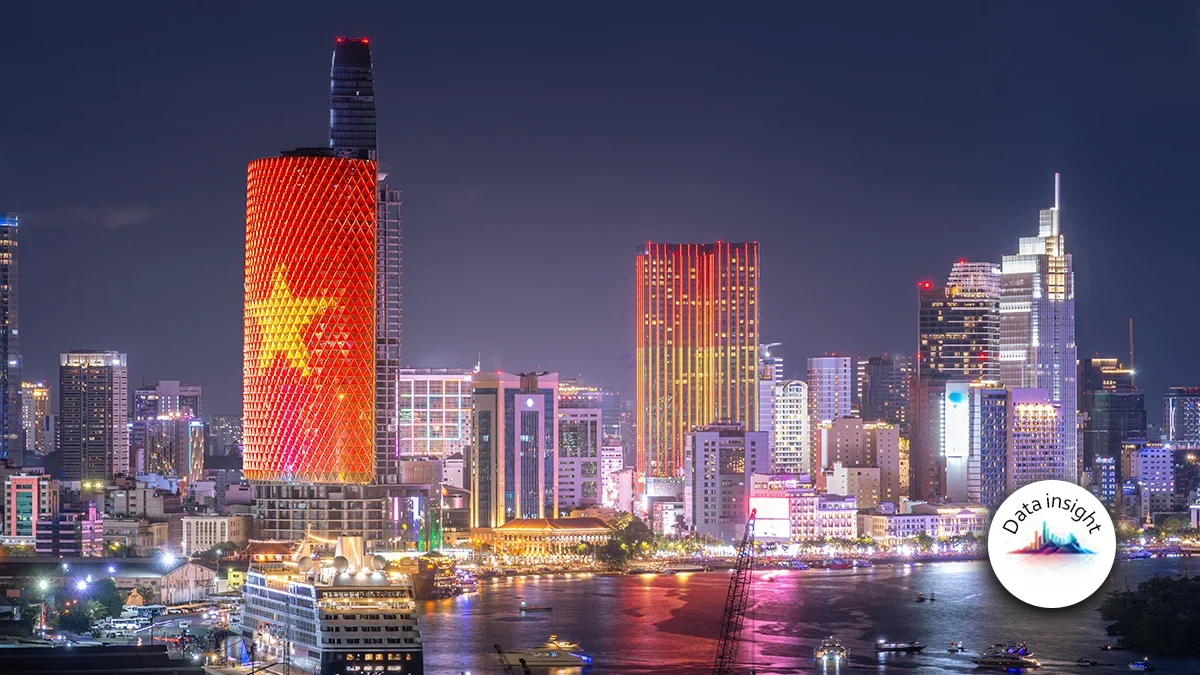When Christian Stobbs arrived in Singapore six-and-a-half years ago, to lead Markel International’s Asia Pacific team, Singapore’s Lloyd’s market was in the process of imploding – an inauspicious consequence of syndicates extending too far and too fast, with scant regard for the local nuances of the region.
Fast forward to today and the market is in much better shape, with the syndicates that have remained displaying strong commitment to the region. To succeed in Asia Pacific, insurers have to be prepared to allocate sufficient resources on the ground.
This was an approach that Stobbs adopted from the moment he took charge of Markel in Asia, and is something that the Lloyd’s player remains committed to as it pushes for further growth in the region.
Earlier this year Stobbs moved to the US to become Markel’s Chief Strategy and Corporate Development Officer, although he retains a strong interest in how the region is developing and says that he plans to visit frequently.
“When I first came to Asia in 2019, a lot of syndicates hadn’t fully committed to the region. I referred to them as ‘tourists’,” says Stobbs. “They opened an office in Singapore, brought people from London to run it, but ultimately didn’t invest in local teams and talent.”
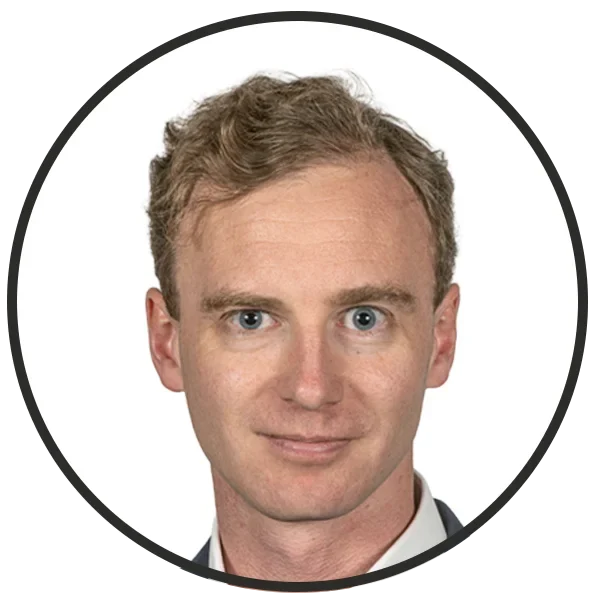
Christian Stobbs
Chief Strategy and Corporate Development OfficerIn 2018, just a few months before Stobbs arrived in Singapore, Lloyd’s formally launched its Decile 10 initiative. Managing agents were instructed to identify the worst-performing 10% of their portfolio and submit remediation plans to return those segments to sustainable profitability.
The result was that many syndicates packed up their Asian operations and left the region. Stobbs recalls that in his second week in the job, a further two syndicates quit the market.
At one point, Lloyd’s had nearly 30 syndicates in Singapore. This has now fallen to around a dozen.
“We were almost a 100% Lloyds play across Asia Pacific, so this wasn’t the most helpful context for us to be operating in. I remember trying to recruit and people asking the question: is Lloyd’s here to stay? Even though we were very, very committed to the region,” says Stobbs.
There were three main pillars that underpinned Markel’s perspective on the region, which Stobbs says still endure: having a group and management commitment, hiring the right people on the ground and making sure that these local teams are empowered to grow the business.
“This was the playbook that I adopted from the get-go, but I was initially doing this against a backdrop where there was a flood of exits from the Lloyd’s market in APAC,” says Stobbs.
This is not the case today, with markets growing profitably, according to Stobbs.
“There has been significant investment over the past few years, not just from Markel but also from our peers. Those that stayed and doubled down, as we did, have been able to reap the rewards of building a sustainable marketplace in the region,” says Stobbs.
Christian Stobbs
Chief Strategy and Corporate Development OfficerCyber development
The trajectory of cyber insurance in the region shows how Lloyd’s markets work: London is viewed as a testing ground for new products, before such products are rolled out to other jurisdictions, including APAC.
The key, says Stobbs, is to understand the local market dynamics – and to be able to commit the appropriate resources.
Markel – as well as several of its peers, such as Beazley, AXA XL and Tokio Marine Kiln – have chosen to set up dedicated cyber underwriting teams based out of Asia. But others haven’t, and continue to see the value of writing Asia cyber business out of London. This may be slowly changing.
“Cyber is a more recent product that has developed a centre of excellence in London. As people have become comfortable with it, then it has been exported around the world,” says Stobbs.
Another reason that it has started to gain a foothold in APAC, according to Stobbs, is the increase in local loss activity.
“When I arrived in Singapore in 2019 it was difficult to get people to talk about cyber because they just didn’t see the risk,” says Stobbs. “These days we are seeing claims in the region and this focuses minds. We’ve paid claims in Hong Kong. We’ve paid them in the Philippines. We’ve paid them in Singapore. We’re there to help people out when things go wrong. This is why we are seeing growing interest of cyber in the region.”
Christian Stobbs
Chief Strategy and Corporate Development OfficerTalent squeeze
One clear advantage of supporting local markets is being able to attract the right talent when one needs it. Stobbs hits back at the suggestion that there is a ‘talent shortage’ problem, insisting that committed firms who are prepared to invest in their staff should have no problem in recruiting new team members.
“We are finding that plenty of talent is available. Yes, it takes longer to find it than it might do in the more mature markets of London or New York, but there is a much deeper pool of capability in the specialty insurance classes in the region than there used to be – if insurers are prepared to put in the time and resources to invest in it,” says Stobbs.
He admits that there is an “inherent Singapore bias” to the talent pool, but he adds that clear pockets of expertise are evolving elsewhere in the region as well.
“There is a kind of halo effect: you’ve grown, you’re hiring new people, your partners and policyholders are seeing you more active, I want to be a part of that. It’s a virtuous circle,” says Stobbs.
All about local
Looking to the future, Stobbs says that he expects to see greater underwriting capability taking place within APAC.
“Historically, London has been a great centre for product development, including for those products exported to APAC. My hope is that, as we start to see a maturation of this capability across different product lines, we’ll start to see more product development happening within the region,” says Stobbs.
Christian Stobbs
Chief Strategy and Corporate Development Officer“I’m not saying that this will be an immediate transition. It is more of a gradual shift. However, it is really important because, if you think about the characteristics of businesses operating in the region and the risks they face, these are often quite different from those you find elsewhere.”
Spending two thirds of a decade in Asia Pacific has convinced Stobbs that being local is the way forward – not just for Markel but for the rest of the market as well.
“Markel has never been a revolutionary in terms of dramatic market changes. What you can expect from us is continued and sustained investment from us in the region,” says Stobbs. “While my role is focused on the US for the time being, I look forward to visiting Asia again in due course and seeing this momentum continue.”
Sucheng Chang has replaced Stobbs as Managing Director of Asia Pacific. Stobbs describes him as “a man of huge energy and huge knowledge”.
“I’m excited to see what he will bring in and do for our business in the region,” he says.





